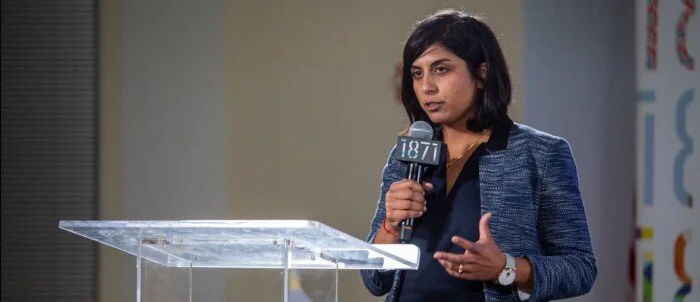Schools spend 80% of their budgets on staffing and billions of dollars on professional development for teachers, who spend up to 70 hours per year on those development activities. Despite the significant time and resources dedicated to it, the Gates Foundation finds that large majorities of teachers do not believe that professional development is helping them prepare for the changing nature of their jobs. Of top concern is how to use technology and digital learning tools, how to analyze student data to differentiate instruction, and how to implement the Common Core State Standards and other standards.
Solution
KickUp provides a platform consolidating professional development opportunities, tracking usage and feedback from teachers, and providing infrastructure for teacher coaching and feedback on their classroom practices. The platform enables data collection around professional development activities and effectiveness, and over time will enable districts to correlate professional development activities with improvement in teacher growth and student outcomes.
Why We Invested
We have been interested in professional development for some time, given both the size of the opportunity and the potential for impact. We also see tailwinds from the Every Student Succeeds Act, which requires school and district accountability on professional development spend. KickUp is the most compelling company we’ve seen in the space for a number of reasons. We have been impressed by the company’s early revenue traction and their ability to sell into districts; KickUp currently serves over 100,000 teachers. The team is led by Jeremy Rogoff, a former Teach for America corps member and KIPP teacher, who has experienced the problem firsthand.
Impact
Research from The New Teacher Project concludes that high performing teachers generate 5–6 more months of student learning each year than poor performers. Engaged teachers are more likely to adopt best practice instructional strategies, which should lead to better student performance. KickUp helps engage teachers in their professional development, and enables district-wide adoption of research-backed instructional strategies. While it’s still early days, KickUp has shown increases in teacher engagement of up to 70% in some districts. And schools that work with KickUp show a 10x increase in project-based learning instruction.





